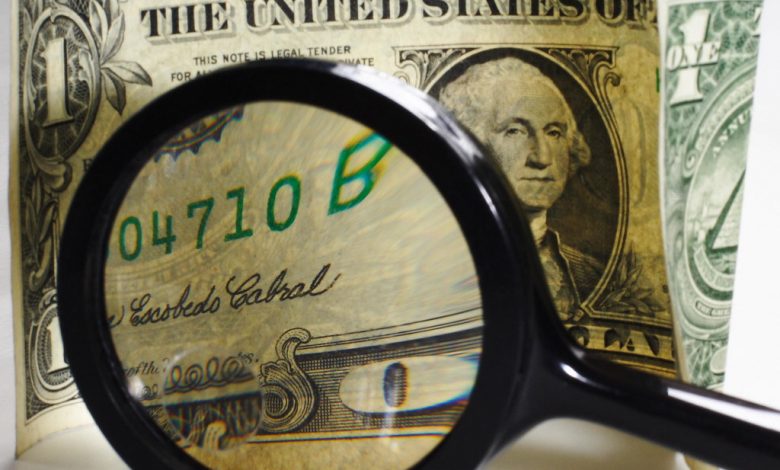Legal tender’s definition and the recognized ones enumerated

Defining a legal tender
We say legal tender when we refer to money that the law recognizes in a given jurisdiction. This money can be a payment to taxes, fines, damages, or public or private debt such as loans and mortgages. The law prevents people from using any other payment forms rather than the legal tender set by the authorities. Legal tender’s functions are money, monetary policies, and money manipulation.
Royal mints and treasuries are the authorities that can produce and put it out on the public. On the other hand, a legislative body gives specifications on what qualifies to be a legal tender. Typically, a country’s currency is the legal tender, but this may vary in some other places. Now, creditors or lenders need to accept this legal tender as a borrower’s means of payment for their debts like loans and mortgages.
Recognized and unrecognized legal tenders
Let us list down legal tenders that the authorities recognize. However, we should keep in mind that legal tender may vary from one political jurisdiction to another.
- Federal Reserve notes and coins. It is typical for any country to accept its national currency as a means to pay off debts. However, some businesses may refuse cash if there is no transaction yet.
- Gold and silver coins. In 2013, some places like Arizona considered these as legal tenders.
- Euro. Countries that either does not issue their currency or have an unstable currency consider the US dollar and the Euro as their legal tender.
- US dollar. Dollarization is a currency substitution where a foreign jurisdiction recognizes the US dollar as their legal tender.
As we have said, legal tenders prevent people from using other means that act as money other than the authorized ones. In the list given below are the things that the authorities do not recognize as legal tenders:
- Checks. They are merely money substitutes convertible to a legal tender or cash to pay a debt.
- Credit Swipe. They are also merely representations.
- Cryptocurrencies. Their status does not reach the legal tender level yet, and it might still be a long time if ever this may happen. Albeit the digital age and technological advancement where online shopping and digital-based businesses, and cross borders such as eBay and Amazon are popular, the government still does not recognize cryptocurrencies like bitcoin as legal tender. However, some jurisdictions like Venezuela considered cryptocurrencies like petro. The tiny Republic of the Marshall Islands said that they would use cryptocurrency as legal tender in the future.
Roles of legal tenders in the economy
The government can make things legal tenders aside from the authorized legal tenders as well. For example, they can convert gold, silver, or even a worthless item to legal tender to pay off debts or purchase something.
Legal tenders have significant roles in society. Let’s list down some of them:
- Money function
- Indirect exchange method
- Account unit
- Store of value
- Payment for debts
- Monetary policy. In legal tenders, the issuers can manipulate, debase, and devalue a currency.
- Single currency. Legal tenders help in achieving money supply flexibility and avoid the transaction costs that currency competition creates.





